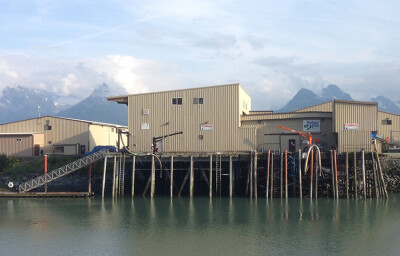Oystermen on the Cape and Islands, and throughout the East Coast, will soon be dealing with new regulations governing their harvesting and distribution procedures as state and federal agencies seek to limit the impact of an invasive pathogen that has sickened an increasing number of people in recent years.
Vibrio parahaemolyticus, a species of bacteria related to the organism that causes cholera, can lead to diarrhea, abdominal cramping, nausea, vomiting and sometimes fever. Symptoms usually begin about a day after ingestion, and last around three days, significantly longer in those with suppressed immune systems. The bacteria are most commonly ingested through raw or undercooked seafood, putting lovers of raw oysters at particular risk.
Cases of vibrio poisoning in Massachusetts have approximately doubled in each of the past two summers. Thirteen cases were reported in 2011, rising to 27 in 2012, and 58 in 2013, when both Duxbury and Katama Bays had to be temporarily closed to shellfishing. The Centers for Disease Control and Prevention estimate that, for each laboratory-confirmed case of a particular illness, more than 100 cases go unreported, meaning many Massachusetts residents and visitors have likely been sickened by the bacteria without knowing the precise cause of their suffering.
According to Julian Cyr of the Massachusetts Bureau of Environmental Health, the local increase in vibrio, usually found in more southern areas, is the result of the warming waters around Massachusetts.
“This is one of a myriad of changes we’re seeing due to climate change,” Cyr told a group of oystermen at Barnstable Town Hall on Thursday, Feb. 13, one of a series of meetings state officials conducted recently to address upcoming changes in regulations. Those changes will be in place by summer, forcing many to adjust their methods of harvesting, storing and distributing their product.
Read the full story at Wicked Local Boston>>






